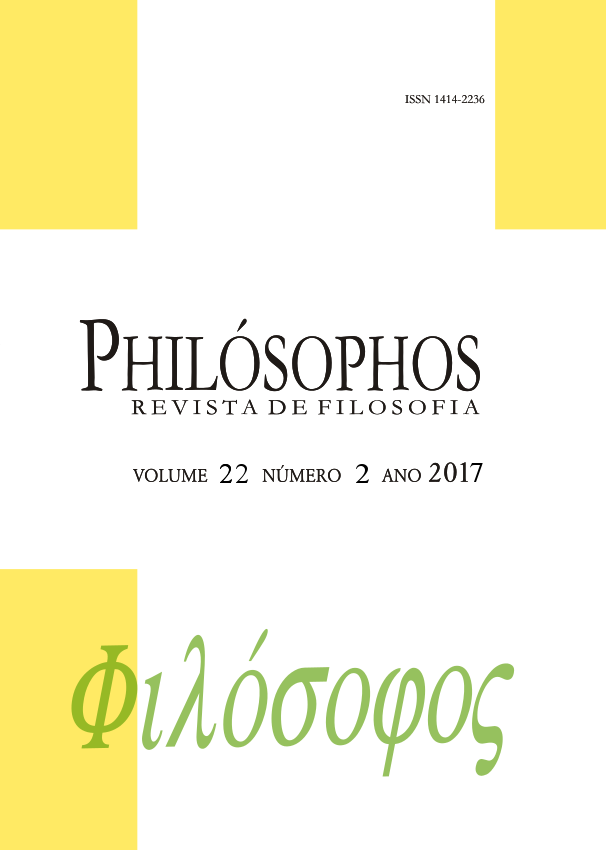NIETZSCHE AND HERMENEUTICAL THINKING: FINITUDE AND TRUTH
DOI:
https://doi.org/10.5216/phi.v22i2.46011Keywords:
Hermeneutics, Nietzsche, Truth, Finitude, Hermeneutical circleAbstract
The question of whether Nietzsche should or at least could be incorporated into the hermeneutical tradition has been a debate for many scholars is the last decades. Differing claims, both for and against, have been advanced by people such as Vattimo, Davey, Babich and Grondin. This work attempts to discuss some of these claims, addressing the hermeneutical background to Nietzsche’s thought focusing on two key concepts of his philosophy: finitude and truth. I argue that Nietzsche’s philosophy can be understood as hermeneutical thinking since it assumes the radical purpose to think our finite situation (in both epistemological and existential senses) in a way that is very close to the hermeneutical circularity of human understanding. I also argue that this interpretation allows such polemical theses as the will to power, perspectivism, and “theory of errors” to become comprehensive as a whole, and mutually compatible.Downloads
Downloads
Published
How to Cite
Issue
Section
License
Authors who publish in this journal agree to the following terms:
- Authors retain copyright and grant the journal right of first publication, with the work simultaneously licensed under a Creative Commons Attribution License that allows others to share the work with an acknowledgement of the work's authorship and initial publication in this journal.
- Authors are authorized to enter into separate, additional contractual arrangements for the non-exclusive distribution of the journal's published version of the work (e.g., publishing in an institutional repository or as a book chapter), with an acknowledgement of its authorship and initial publication in this journal.















